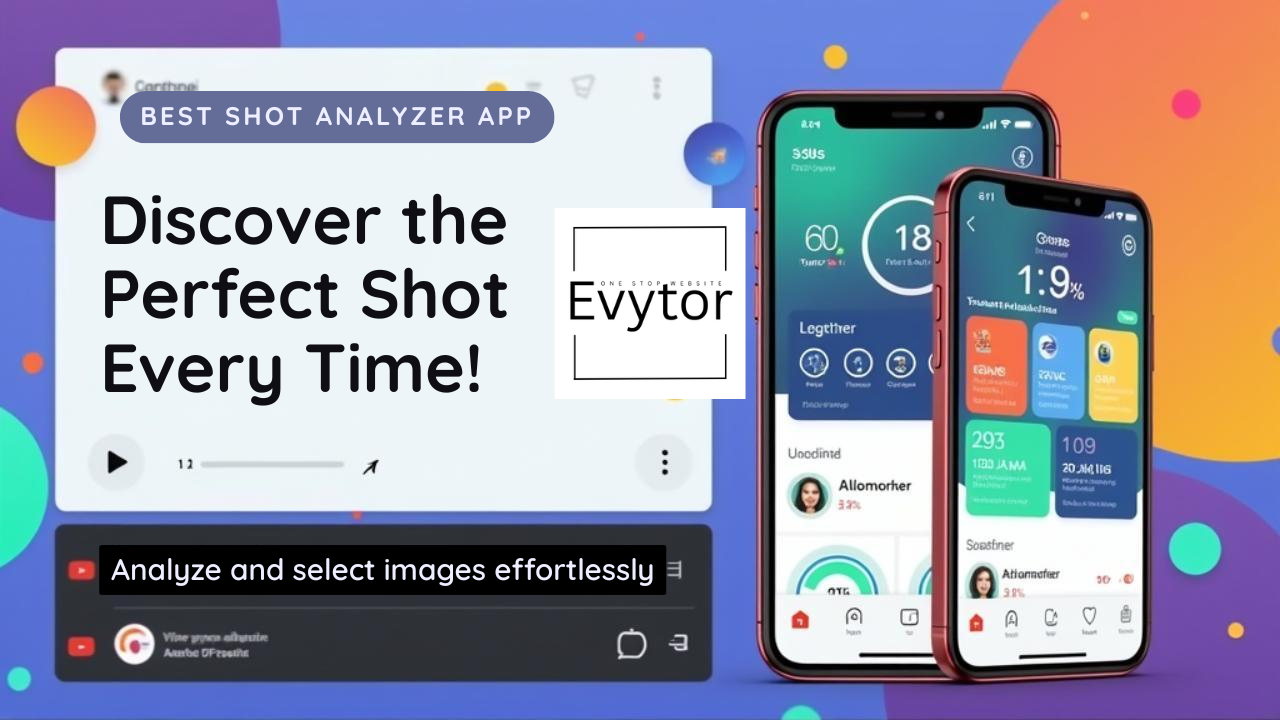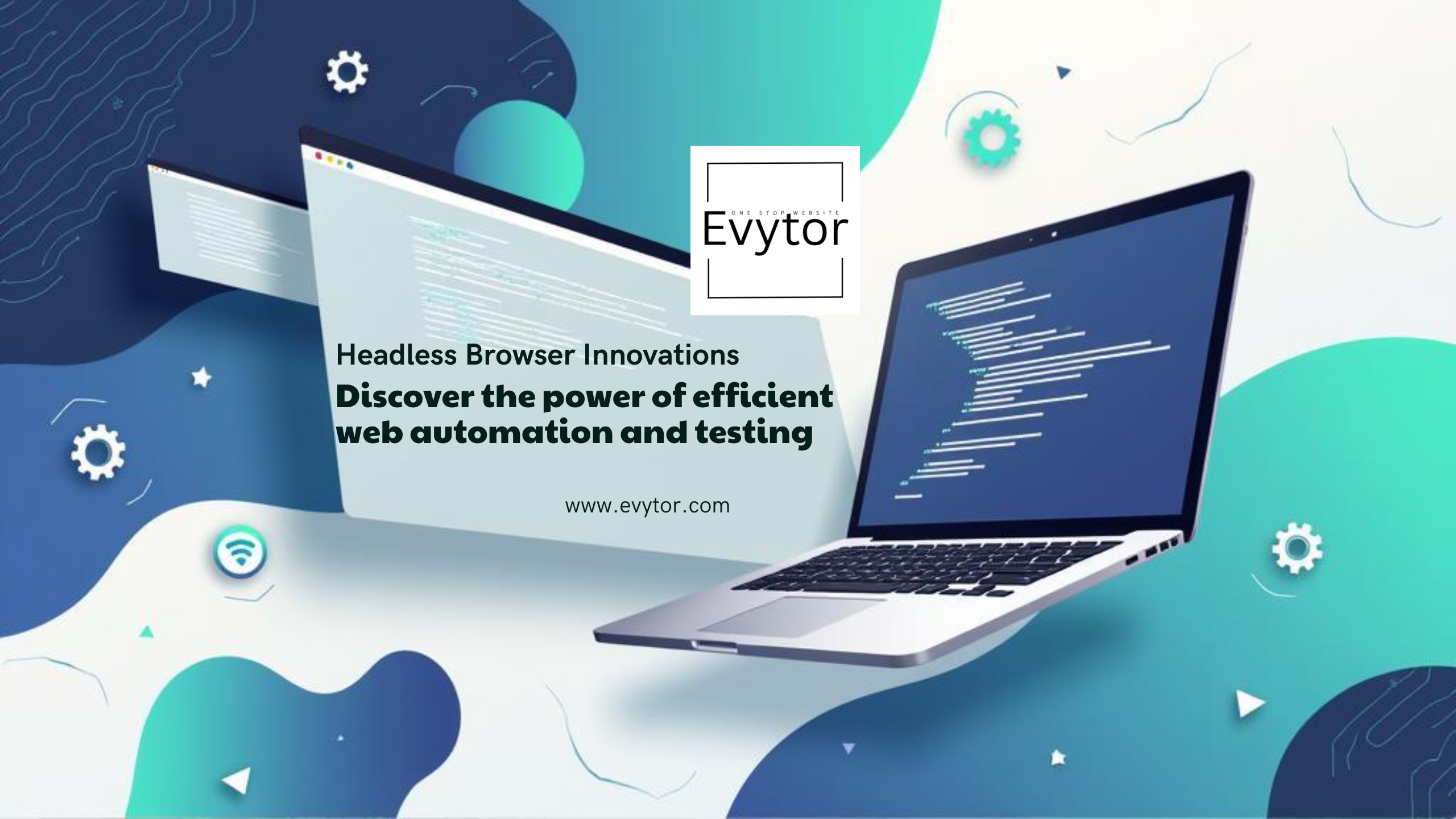AI's Impact on the Job Market: Future-Proof Your Career
Are you feeling a mix of excitement and anxiety about the rise of Artificial Intelligence? You're not alone. AI isn't just a futuristic concept anymore; it's rapidly reshaping industries and, crucially, the job market. 🤖 It's understandable to wonder: Will my job exist in 5 years? Or, How can I stay relevant in an AI-driven world? This isn't about fearing the future; it's about understanding it and proactively adapting. Let's dive into how AI is impacting jobs and, more importantly, how you can future-proof your career.
Historically, technological revolutions have always transformed work. Think of the agricultural age giving way to the industrial revolution, or the industrial age transitioning into the information age. Each shift automated certain tasks while creating entirely new roles and industries. AI is the latest chapter in this ongoing story.
Understanding AI's Impact on Jobs
AI's impact isn't a simple case of robots replacing humans. It's more nuanced. AI excels at tasks that are:
- Repetitive and rule-based: Data entry, basic customer service queries, routine analysis.
- Data-intensive: Identifying patterns in vast datasets faster than humans.
- Optimization focused: Finding the most efficient routes, scheduling, or resource allocation.
This means jobs heavily reliant on these types of tasks are most susceptible to automation. However, AI often augments human capabilities rather than simply replacing them.
Jobs at Risk and Jobs in Demand
Certain sectors and roles are seeing significant changes:
- Call center operators (basic inquiries handled by chatbots).
- Data entry clerks.
- Assembly line workers (for highly standardized tasks).
- Certain analytical roles (where AI can do the heavy lifting).
But don't despair! AI is also a massive job creator. Demand is soaring for roles involving:
- AI Development & Engineering: Building, training, and maintaining AI systems.
- Data Science: Interpreting AI outputs and strategic decision-making.
- AI Ethics & Governance: Ensuring AI is developed and used responsibly.
- Human-AI Interaction Design: Creating seamless interfaces between humans and AI.
- Roles requiring 'Human Skills': Creativity, critical thinking, emotional intelligence, complex problem-solving, leadership, and collaboration. These are areas where AI currently falls short.
Strategies to Future-Proof Your Career ✅
So, how do you navigate this evolving landscape? It's about focusing on skills and roles that complement, rather than compete directly with, AI.
1. Embrace Lifelong Learning 📚
The single most important strategy is continuous learning. Stay curious! Identify skills that are becoming valuable in the AI era.
- Learn the basics of AI and machine learning: You don't need to be an AI engineer, but understanding what AI is and how it works is crucial.
- Develop digital literacy: Get comfortable with new software and platforms.
- Explore new tools: Experiment with AI-powered tools relevant to your field (e.g., AI writing assistants, data analysis tools, design tools).
2. Focus on Uniquely Human Skills ❤️🧠
Strengthen the abilities that are difficult for AI to replicate.
- Creativity & Innovation: Generating novel ideas, artistic expression.
- Critical Thinking & Complex Problem Solving: Analyzing nuanced situations, making strategic judgments, dealing with ambiguity.
- Emotional Intelligence: Empathy, communication, collaboration, leadership, understanding human needs and motivations.
- Adaptability & Resilience: The ability to learn, unlearn, and relearn, and bounce back from challenges.
3. Become AI-Fluent, Not Just AI-Aware 💡
Learn to work with AI. Think of AI as a powerful co-pilot or tool. How can AI make you more productive, efficient, or creative in your current role? Understanding how to prompt AI, interpret its outputs, and integrate it into workflows is becoming a key skill.
4. Network and Build Your Personal Brand 🤝
In a world of increasing automation, human connection and trust become even more valuable. Your network can provide opportunities and insights that algorithms cannot.
5. Consider Your Industry's Trajectory 🚀
Research how AI is specifically impacting your industry. Are there new roles emerging? Are traditional roles changing? Use this information to guide your reskilling or upskilling efforts.
Going Further: Pro-Tips for Navigating the AI Age 🧭
Beyond the core strategies, here are some additional tips to consider:
- Experiment with Generative AI: Spend time using tools like ChatGPT, Midjourney, or other generative AI platforms. Understand their capabilities and limitations. This hands-on experience is invaluable.
- Take Online Courses: Platforms like Coursera, edX, Udacity, and even YouTube offer excellent courses on AI basics, data science, prompt engineering, and human-centric skills. Look for courses from reputable universities or companies.
- Follow AI News and Experts: Stay informed about the latest developments, trends, and ethical debates surrounding AI. Subscribe to newsletters, follow thought leaders on LinkedIn or Twitter, and read industry reports.
- Think About Hybrid Roles: As AI takes over routine tasks, many roles will become hybrid, requiring a blend of technical understanding (often AI-assisted) and human skills. Identify how your role might evolve in this direction.
- Don't Be Afraid to Pivot: The AI revolution might uncover new passions or opportunities. Be open to changing career paths if you find a better fit in an emerging field.
Conclusion ✨
The rise of AI is undoubtedly transformative, bringing both challenges and immense opportunities to the job market. While some tasks and roles will diminish, many more will evolve, and entirely new ones will emerge. Future-proofing your career isn't about predicting the exact future; it's about cultivating a mindset of continuous learning, adaptability, and focusing on the uniquely human skills that AI cannot replicate. By embracing AI as a tool and investing in your own development, you can not only survive the changes but thrive in the AI-powered future. What steps will you take this week to future-proof your career? Share your thoughts below!




